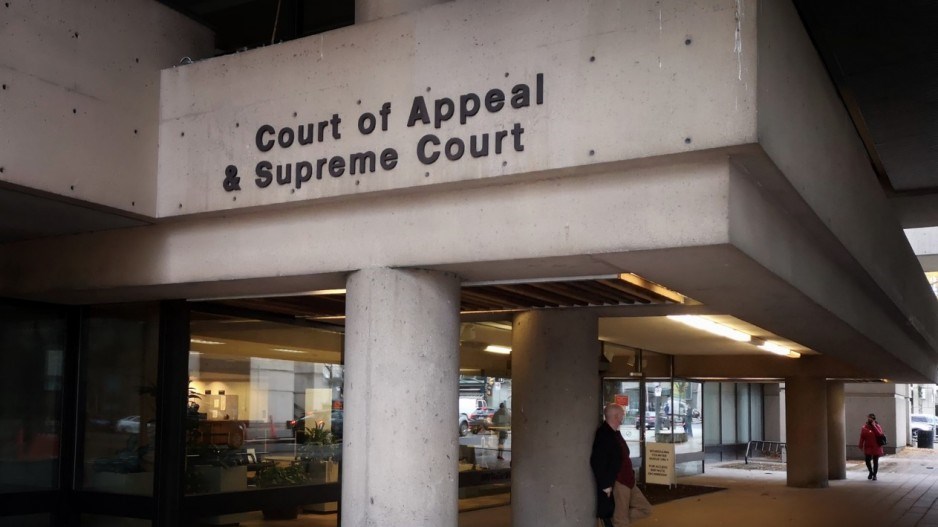A B.C. Court of Appeal tribunal reserved judgment Thursday about whether John Horgan broke the law when the former NDP leader called a snap election in September 2020 during the pandemic state of emergency.
Lawyers for Democracy Watch and Integrity BC founder Wayne Crookes asked Justices Peter Willcock, Barbara Fisher and Ronald Skolrood to overturn B.C. Supreme Court Justice Geoffrey Gomery’s June 2022 ruling. Gomery found the B.C. Constitution Act was “unambiguous” because it gives the lieutenant governor the power, whenever he or she sees fit, to act on a premier’s advice to dissolve the legislature.
The appellants argued that a confidence vote in the legislature is necessary to call an early election in B.C. since the law was amended in 2001 to hold provincial elections on a fixed date.
“Democracy Watch's position here is quite straightforward. The statute that purported to fix election dates did, in fact, do so. It asks that the government be required to comply with that statute and that the courts exercise its supervisory role to require that,” said Emily MacKinnon, lawyer for the appellants.
MacKinnon noted the government’s position that the statute is not binding, but is instead “aspirational” or that it “merely sets a horizon.” The government also argued that courts are incapable of considering the legal boundaries of elections.
“We think none of those arguments hold water and that the statute does what the government of the day said it would do: it fixes election dates,” MacKinnon said. “It strikes at the power concentrated in the premier's office, and, as the electorate of B.C. expected, that it would impose a mandatory cycle of fixed elections.”
Emily Lapper of the government’s Legal Services Branch said that there is no statement in the legislation that says the general voting day cannot occur at an earlier date. Lapper asked for dismissal of the appeal on the grounds that Horgan and Lt.-Gov. Janet Austin were “exercising prerogative powers and those prerogative powers are fundamentally non justiciable” — or not within the court’s jurisdiction.
“The court could dismiss the appeal on the basis that even if the lieutenant-governor or the premier were exercising statutory powers, that those statutory powers pertain to a subject matter that remains non-justiciable,” Lapper told the tribunal.
The BC Liberal government under Gordon Campbell amended the Constitution Act when the party came to power in 2001. The province held four consecutive scheduled elections every four years in May, beginning in 2005.
After the Green-supported NDP minority government came to power in 2017, the law was amended to move the next election to October 2021. However, Horgan took advantage of a lull between waves of the COVID-19 pandemic and favourable polling to break the NDP’s 2017 confidence and supply agreement with the Green Party on Sept. 21, 2020 in order to seek a majority mandate.
It worked, because the NDP won 57 seats in the Oct. 24, 2020 election.
Gomery’s ruling came the same week last year that Horgan announced his retirement from politics. Coincidentally, Thursday’s Court of Appeal hearing was exactly one year before the next scheduled election day.
Premier David Eby, who succeeded Horgan last November, has repeatedly denied plans to call an early election.


